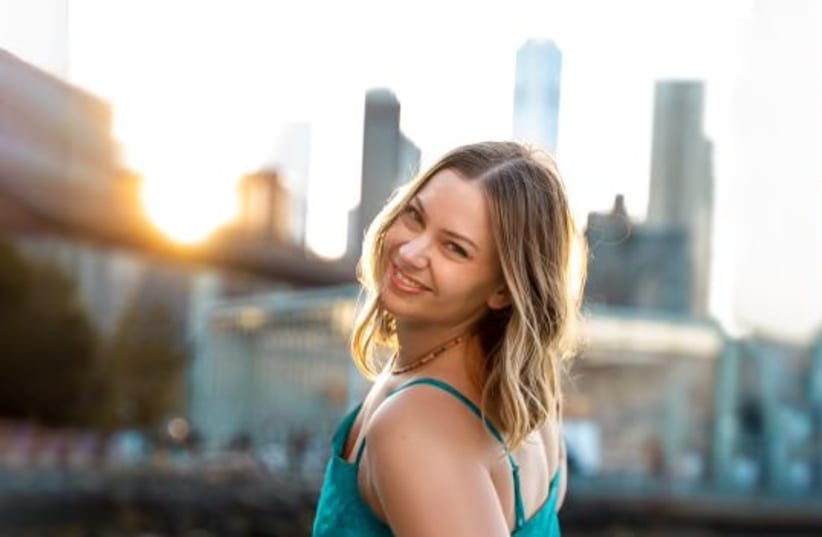Sometimes, it feels as if the days of our lives pre-pandemic are simultaneously both a distant memory and fresh in our minds. Prior to March of 2020, my career as a professional radio host and personality was reflective of that of many of my peers: I would wake up, get ready for work, and head to the studio to bring my followers and listeners together through news, pop culture, trivia, music, celebrity gossip, guest interviews, and more every day. I loved this rhythm my work provided.
Once the pandemic hit, the impact it caused for myself, my listeners, and billions of others around the world was immediate. We had to pivot rapidly; virtually overnight. Our workflows became disrupted and were forced to change. But rather than wallow in this drastic shift, I used it as an opportunity to learn as many new skills as possible to not only match the product my colleagues and I were continuing to produce, but to make it better, and more efficient for our listeners and followers.
You see, here’s the thing about radio personalities that most people often don’t consider: a radio personality isn’t simply a voice on the airwaves who plays music or talks between songs. Radio personalities and talk show hosts such as myself are people who feel like (and often become) a sort of virtual “friend” to their listeners. As a radio personality and talk show host myself, I view my role as one of the friends who listeners can relate to that helps them get through their workday with all the fun and interesting tidbits they want to know. I will be the first to tell listeners when they can get their first Pumpkin Spice Latte of the season. When my listeners head home to trawl the internet for the day, I'm the voice on the other end of the line who gives away my own personal secrets on how my listeners can create better audio clips or photos, and provide technology hacks so they can become better content creators themselves.
Radio personalities have to be someone who is not only relatable, or who stays on top of the news and pop culture, but someone who also understands the nitty-gritty grind of everyday life. We understand what it’s like to commute to and from work each day. We binge watch our favorite television shows at night after we get home. We have regular relationships with others, keep on top of local news and happenings, and so much more.
That personal connection to our listeners became all the more important during the pandemic, and remains just as important as our global societies are still suffering its lasting fallout. Thankfully, however, with innovations in digital technology and social media, there has never been a better—or easier—time to not only maintain those connections, but also improve them.
During the pandemic, I was forced to rapidly learn how I could become more self-sufficient, as many others were forced to do, as well. Where I might have outsourced certain skills in the past, I instead learned many different skills to get a podcast up and running; a show which I was able to do almost entirely by myself, albeit with some help from my team and colleagues. I used the forced downtime to better optimize my home studio so I could keep providing my regular listeners with the content they valued, further building my own virtual relationships with them. My podcast show became a fantastic extension of this while also providing me with extra tools necessary to become my own “one-woman show” between content creation and strategy, hosting, producing, and editing my product. I even learned how to better integrate my photography hobby into the production of my shows in order to maximize my reach to listeners via social media.
While the rest of the world went on pause, I doubled-down on my passion for engaging with my listeners. After all, even though our lives were for the most part put on hold, this didn’t necessarily mean that our outreach had to pause too. Now, more than a year later since the pandemic began, my listeners—and those of other radio hosts, shows, and podcasts—have expressed just how valuable our work was to them during this time. Our presence over the airwaves allowed them a sense of normalcy when the world was flipped on its head overnight, and allowed us to continue engaging and building meaningful connections with our listeners and followers, wherever they were, and whatever they (and we) were going through.
